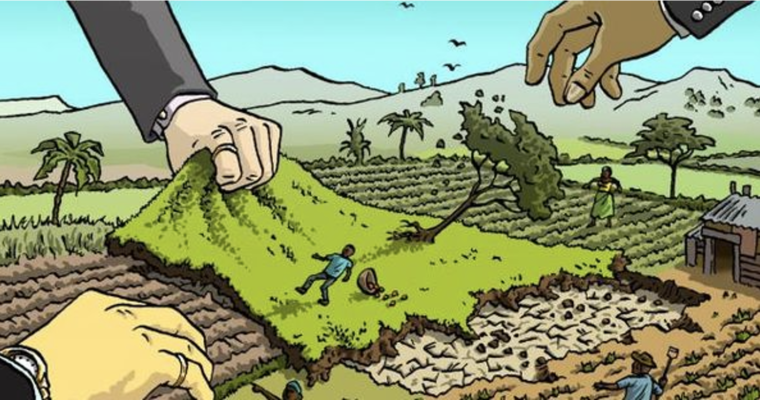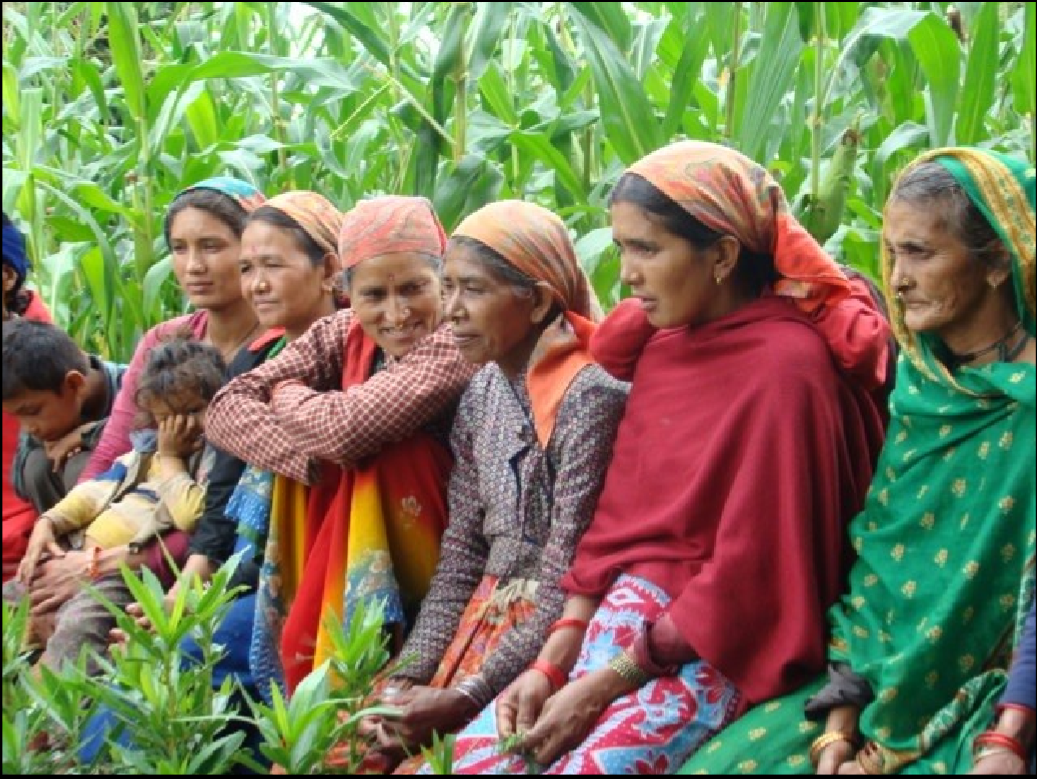Land rights empower family farmers and communities to build stronger socio-economic communities by transitioning to a more localised and circular food economy.
On September 27, 2021, the European Commission and the International Land Coalition (ILC) organized an InfoPoint conference entitled the “Secure Land Rights for Sustainable Food Systems”. The discussion aimed to mobilize support to ensure that the secure land rights of women, men, indigenous peoples, pastoralists, and local communities are a key topic of discussion in the UN Food Systems Summit. It brought together experts on land tenurial issues and speakers from ILC, MIDAGRI, CICODEV, and AFA.
As one of the ILC’s partners in advocating for land rights for family farmers, AFA underscored that securing tenure rights is an important tool to transforming food systems and reducing poverty. Ms. Myline Macabuhay, AFA Coordinator for the Young Farmers and Land Rights Agenda delivered her presentation which emphasizes the fundamental role of Farmer Organizations (FOs) in creating game-changing solutions to foster inclusive land governance and practices.
According to Ms. Macabuhay, “Secure land tenure and responsible land governance are the backbones for sustainable nature positive production. It enables farmers and indigenous communities, among others to adopt sustainable land-use practices that guarantee the health of the land and soils and conserves natural ecosystems.”
A few valuable insights raised by AFA on land rights issue state that:
- Access to land and secure tenure rights allow family farmers to invest to improve their farms’ productivity.
- Research also showed women’s rights to land improves household food security, as women are more likely to make decisions that improve the households’ welfare, including decisions regarding food and nutrition.
- Third, land rights empower family farmers and communities to build stronger socio-economic communities by transitioning to a more localized and circular food economy.
AFA’s presentation drew the strong link between land tenure and sustainable food systems and cited two important studies that exposed the vulnerability of our food systems. An FAO, WFP, UNICEF, and WHO-published report in 2019 stated that increased demand for food, population growth, and shifting dietary preferences, reflect the intense pressures that are put on the land and natural resources. Another study by the ILC showed that land inequality directly threatens the livelihoods of an estimated 2.5 billion people involved in small-scale agriculture, including the world’s poorest.
These challenges and issues are documented in the independent dialogues that AFA conducted, together with ILC and other partners, in line with the UN FSS (Figure 1). These independent dialogues also showed that FOs offer game-changing solutions in addressing land rights and unsustainable food systems.

Figure 1. Land grabbing and injustices continue to threaten the livelihoods of small-scale farmers in many countries.
A few examples from AFA-FO members were shared such as the case from the Nepal Land Rights Forum (NLRF), an AFA member FO pushing to advocate for land rights in their country and lobbying for its inclusion in the state guiding principles in their constitution. NLRF’s efforts resulted in the formation of the Land Issues Resolving Commission.
NLRF also advocated for the Joint Land Ownership law, which raised the property rights of women on the land. So far, 15,150 women have received joint land ownership in the course of NLRF’s tenure. In addition, Their community-led management practice (CLMP) also enabled for increased access of landless people to resources and better land management policies and practices, among others.
Other AFA members have also implemented game-changing solutions to secure the tenurial rights of family farmers and local communities by increasing farmer’s understanding of existing policies on land; conducting consultations and roundtable dialogues between farmers and policymakers to identify and address gaps.
These FOs include:
- AFFM-Myanmar – they advocated for the amendment of national policies on land and filed legal cases to retrieve farmers’ lands. From 2014-2020, they were able to retrieve a total of 30,400 has of land for 1,746 farmer households.
- API-Indonesia – they successfully initiated the allocation of 3.6m has of forest area to become part of a social forestry program.
- LFN-Lao – they advocated for the use of community land to support agri-business
While several gains have been made towards the inclusion of family farmers in property and land ownership, many challenges remain. The COVID-19 further pushed several milestones back and even aggravated the extreme global poverty.
AFA highlighted that securing land rights is crucial for farm productivity and food security. Securing rights requires investments and long-term planning. It is the bare minimum to empower farmers, landless, and other marginalized groups to participate actively in a food system that is already extremely unbalanced.
In closing, AFA called for a holistic approach to land governance to foster sustainable food systems and free family farmers and communities from the vicious cycle of poverty.
#YouthandLandAsia
#LandMatrixAsia
#LMIAsia





Comments are closed